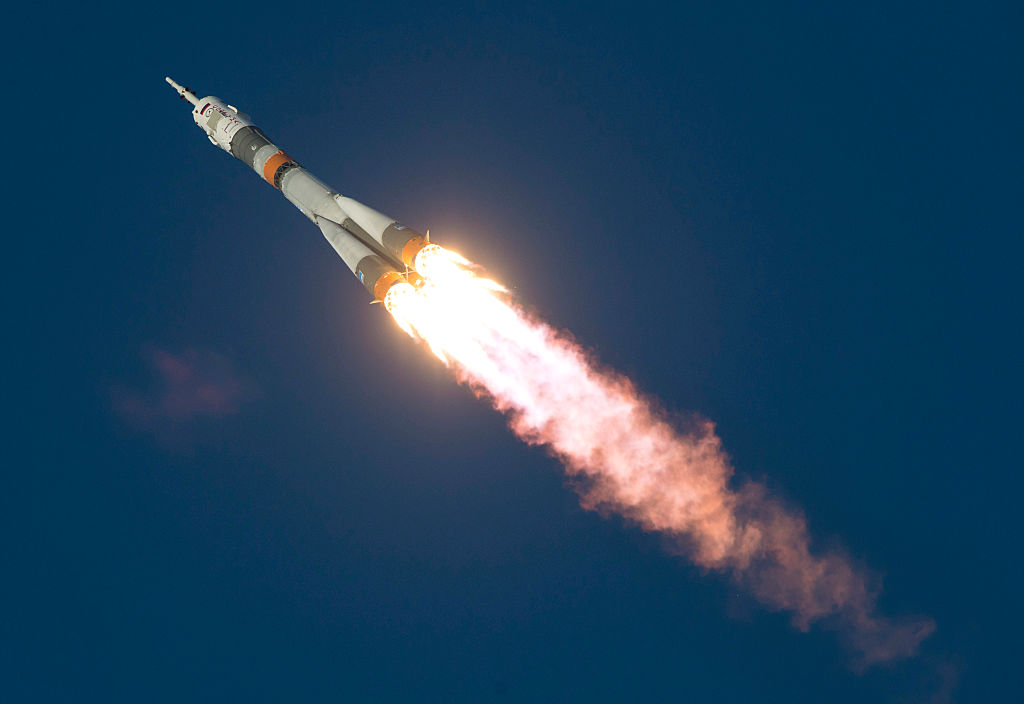NASA may run out of nuclear fuel for deep-space missions in the next eight years


A free daily email with the biggest news stories of the day – and the best features from TheWeek.com
You are now subscribed
Your newsletter sign-up was successful
NASA may soon have to cut its deep-space missions short.
A Government Accountability Office report released last week shows that NASA is running low on the nuclear fuel essential for long-distance space travel.
The report came right before the first meeting of the reinstated National Space Council, in which Vice President Mike Pence reaffirmed the U.S.'s commitment to space exploration. But NASA's supply of plutonium-238 may only last another eight years, translating to an uncertain future for U.S. deep-space missions powered by radioactive isotopes.
The Week
Escape your echo chamber. Get the facts behind the news, plus analysis from multiple perspectives.

Sign up for The Week's Free Newsletters
From our morning news briefing to a weekly Good News Newsletter, get the best of The Week delivered directly to your inbox.
From our morning news briefing to a weekly Good News Newsletter, get the best of The Week delivered directly to your inbox.
The U.S. hasn't made plutonium-238 since 1988, leaving NASA with only 77 pounds of the radioactive isotope, Business Insider reports. And because the compound decays, only about half of the current stash could actually still power a spacecraft. This stockpile wouldn't have even fueled Cassini's 20-year mission, which used more than 50 pounds of plutonium-238 before it ended in September.
But NASA isn't ditching deep space just yet. The Department of Energy plans to start producing plutonium-238 again in 2019. By 2020, NASA expects to launch its next plutonium-powered mission: another Mars rover.
Just like everything in space exploration, it seems that plutonium production is an exercise in patience.
A free daily email with the biggest news stories of the day – and the best features from TheWeek.com
Kathryn is a graduate of Syracuse University, with degrees in magazine journalism and information technology, along with hours to earn another degree after working at SU's independent paper The Daily Orange. She's currently recovering from a horse addiction while living in New York City, and likes to share her extremely dry sense of humor on Twitter.
